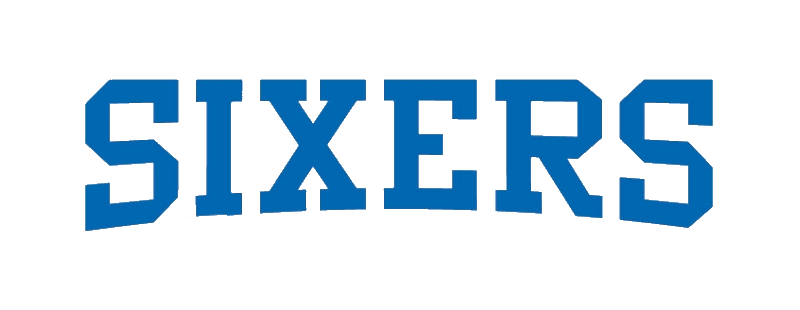Tribes Divided Over Sports Betting
The prospect of legal sports betting has some tribes worried. Others are actively seeking its legalization. But much of that has to do with how much money they currently bring in. One-fifth of the tribes bring in nearly three-fourths of the $32 billion annual win for Native American casinos. The more profitable tribes, such as the Seminole Tribe of Florida; Mohegan and Mashantucket Pequots of Connecticut; and Cherokee Nation of Oklahoma are in favor of legal sports betting.
But many less-profitable groups are worried. They believe that sports betting could cut into their profits. The National Indian Gaming Association has joined the American Sports Betting Coalition. The ASBC is actively pushing for legalized sports betting. But National Indian Gaming Association Chairman Ernie Stevens said his group is more of a bystander.
The biggest obstacle sports betting advocates have with some tribes is exclusive gaming rights. Tribes believe they are the only ones to legally offer gaming in some areas. But sports betting isn’t included in those agreements with states. That’s where it can get tricky. If the US Supreme Court overturns the ban on sports betting, states would be allowed to decide whether to offer sports betting. Some believe they should be allowed to offer it even if the state declines.
California tribes are against the expansion of legal gambling. Only for the reason that additional gaming could eat into their profits.
But the tribes also know that sports betting is big business. That’s revenue that could be going to them. But it’s also money that could be going away from them depending on where people place their bets. That is what makes it so tough for many of them.
In the end it could be a lot of worry over nothing. Once the case is being made to the Supreme Court things will become a bit more clear.




